0 results for 'undefined'

Court of Chancery Issues New Rule to Govern Confidential Filings
On Monday, the Delaware Court of Chancery issued a new rule governing confidential filings with the court - Court of Chancery Rule 5.1 - to replace the longstanding Rule 5(g). Rule 5.1 will become effective January 1, 2013. This overhaul of Rule 5(g) reflects the court's historical concern with balancing the public's right of access to judicial proceedings with parties' interests in maintaining the confidentiality of certain information. (See the memorandum from the Delaware Court of Chancery, "Protecting Public Access to the Courts: Chancery Rule 5.1.") Rule 5.1 emphasizes at the outset that "proceedings in a civil action are a matter of public record," and, subject to the limitations outlined in the rule, all filings in the Court of Chancery "shall be available for public access." Notably, Rule 5.1 does not affect the practice of entering into confidentiality stipulations to govern discovery, and is unlikely to affect the designation of confidential and highly confidential material. Instead, Rule 5.1 focuses on confidential information that parties file with the court. Below is a description of the key provisions of Rule 5.1, including where the new rule deviates from the prior Rule 5(g).
Judge Affirms Affirmative Action In Michigan Admissions Policy
In a case that may be headed for the U.S. Supreme Court, a federal judge upheld the University of Michigan's use of affirmative action in its admissions policy. U.S. District Judge Patrick Duggan said the university presented "solid evidence regarding the educational benefits that flow from a racially and ethnically diverse student body." The case is being closely watched by schools across the country.
In Puerto Rico, bracing for the blow
The commonwealth is the largest recipient of U.S. support, but nearly half its residents qualify for legal assistance.With the help of its lawyers at Fish & Richardson, speaker manufacturer Bose convinced a Federal Circuit appellate panel to reverse a finding of fraud by the Trademark Trial and Appeal Board. The Federal Circuit's decision tightens the requirements for finding fraud in trademark applications.

View more book results for the query "*"
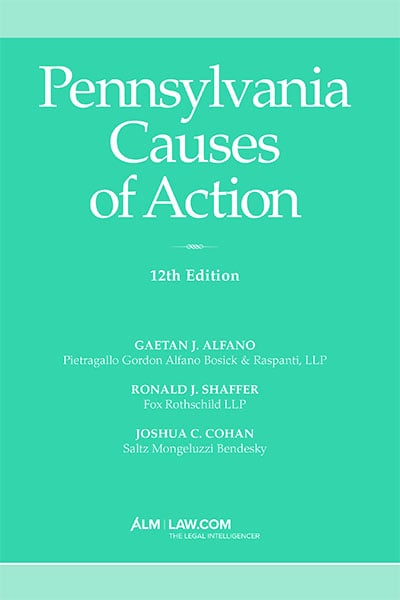

Commercial Lender CIT Files for Bankruptcy Despite Icahn Loan
CIT filed for Chapter 11 Sunday in the U.S. Bankruptcy Court in Manhattan, listing $71 billion in assets and $64.9 billion in debt. The filing ranks as one of the largest by a financial institution. A $1 billion loan from Carl Icahn will fund operations while CIT reorganizes as part of a prepackaged bankruptcy.
How Far is Too Far in Seeking Confidentiality?

Judge Rules PIP Online Processor Flouted Dispute-Resolution Patent
National Arbitration Forum, a company that processes personal injury protection claims, infringed on a patent for computerized dispute resolution, a federal judge in New Jersey has held. U.S. District Judge Mary Cooper granted summary judgment to plaintiff Cybersettle.

What Patent Office Really Needs: Invention to Cut Backlog
There's an awful lot pending at the patent office these days. A record backlog at the U.S. Patent and Trademark Office has left inventors waiting two years and more for approvals, delaying the arrival of new goods on the market. James A. Rogan, who heads the office, has warned Congress that the backlog of applications could soar to over a million by 2008, and that the average patent will soon take as long as four years.Trending Stories
- 1The Law Firm Disrupted: Playing the Talent Game to Win
- 2GlaxoSmithKline Settles Most Zantac Lawsuits for $2.2B
- 3BD Settles Thousands of Bard Hernia Mesh Lawsuits
- 4Preparing Your Law Firm for 2025: Smart Ways to Embrace AI & Other Technologies
- 5Inside Track: Late-Career In-House Leaders Offer Words to Live by
Featured Firms
Law Offices of Gary Martin Hays & Associates, P.C.
(470) 294-1674
Law Offices of Mark E. Salomone
(857) 444-6468
Smith & Hassler
(713) 739-1250
More from ALM
- Morgan & Morgan Class Action Attorneys Detail Pathway to Success Within Cybersecurity and Data Privacy Practice 1 minute read
- Holwell Shuster & Goldberg Partners Leverage 'Hostile' Witnesses to Secure $101 Million Verdict Against Walmart 1 minute read
- Legal Speak at General Counsel Conference Midwest 2024: Mike Andolina, Partner, White & Case 1 minute read
Resources
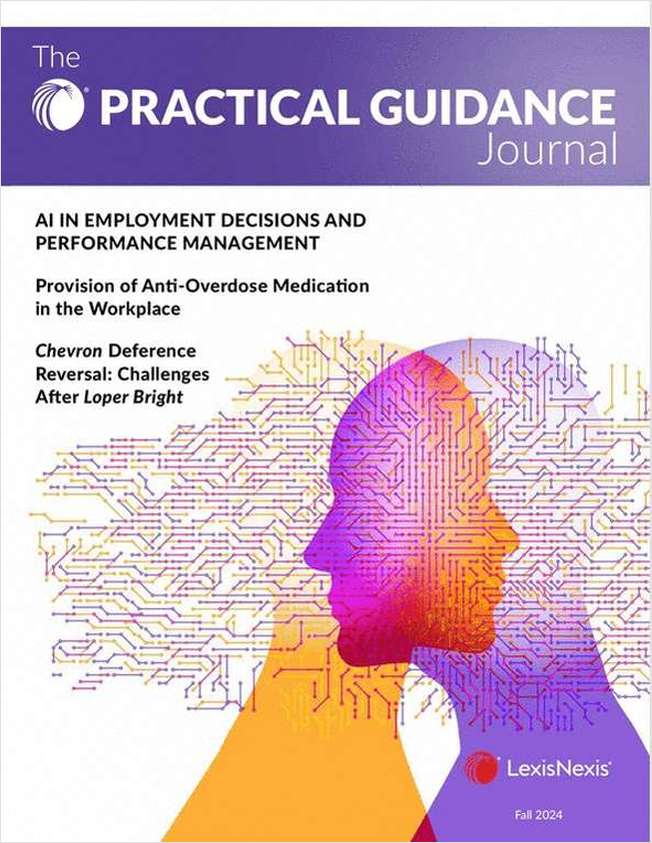
Practical Guidance Journal: AI in Employment Decisions and Performance
Brought to you by LexisNexis®
Download Now
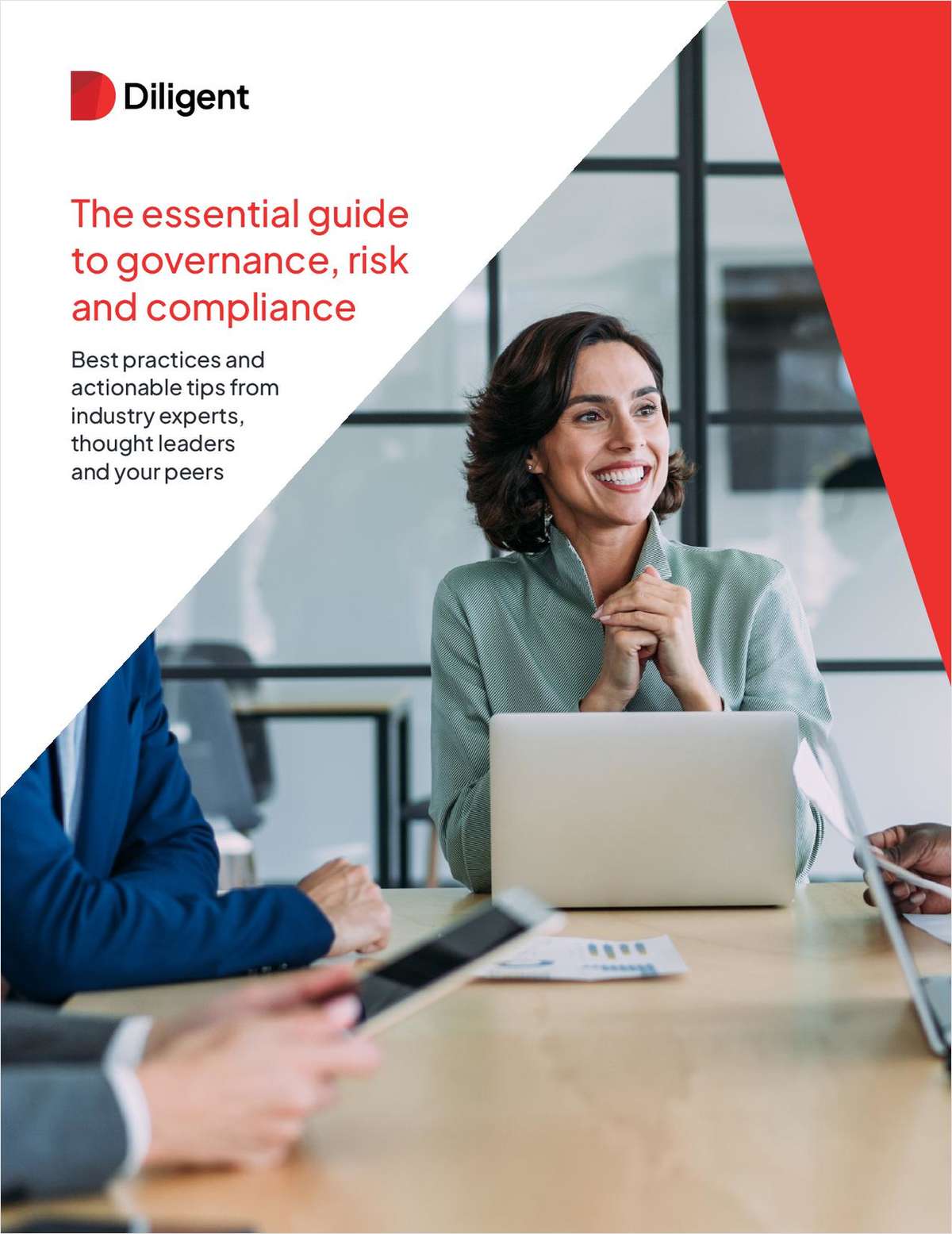
The Essential Guide to Governance, Risk, and Compliance
Brought to you by Diligent Corporation
Download Now
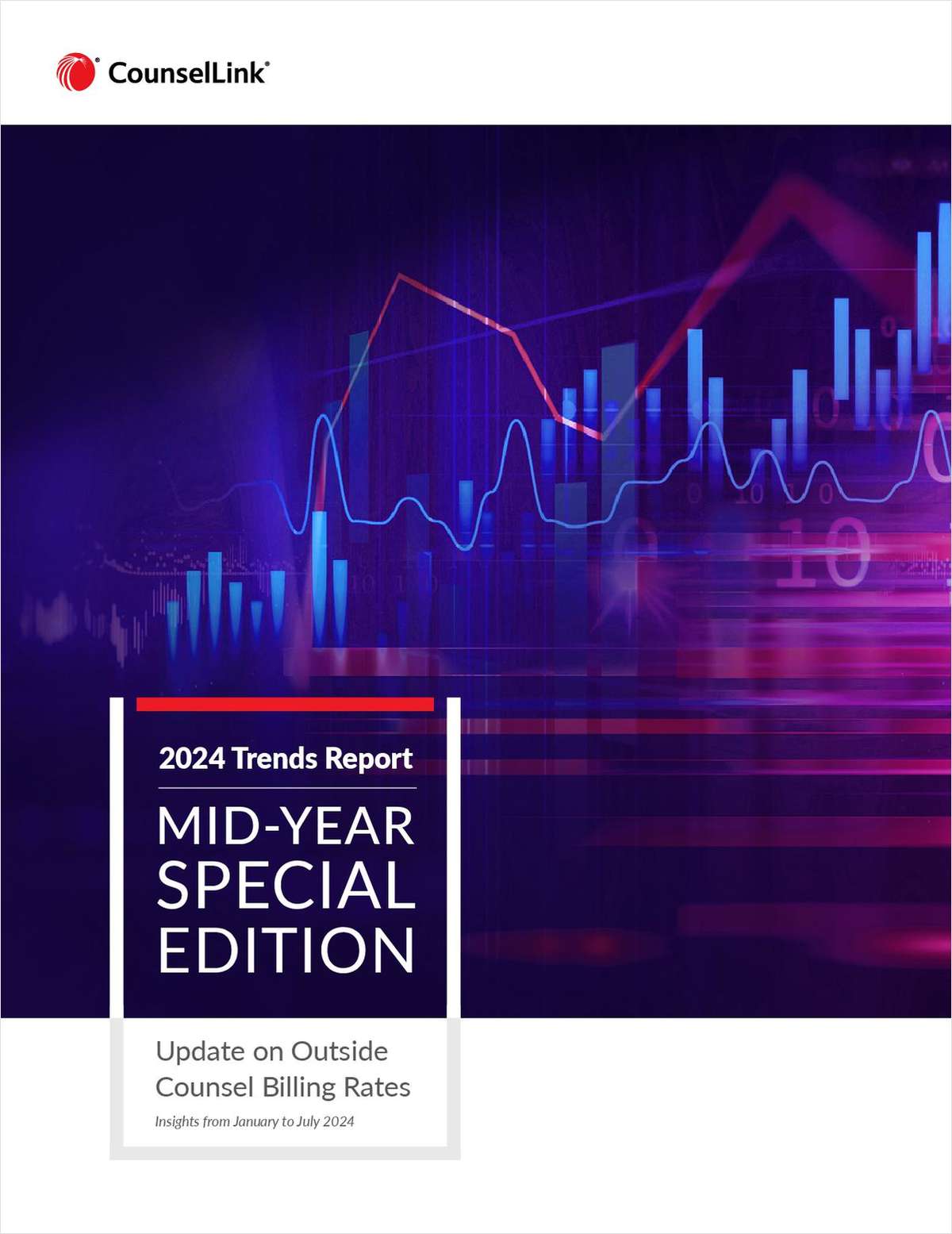
2024 Trends Report Mid-Year Special Edition: Update on Outside Counsel Billing Rates
Brought to you by LexisNexis® CounselLink®
Download Now
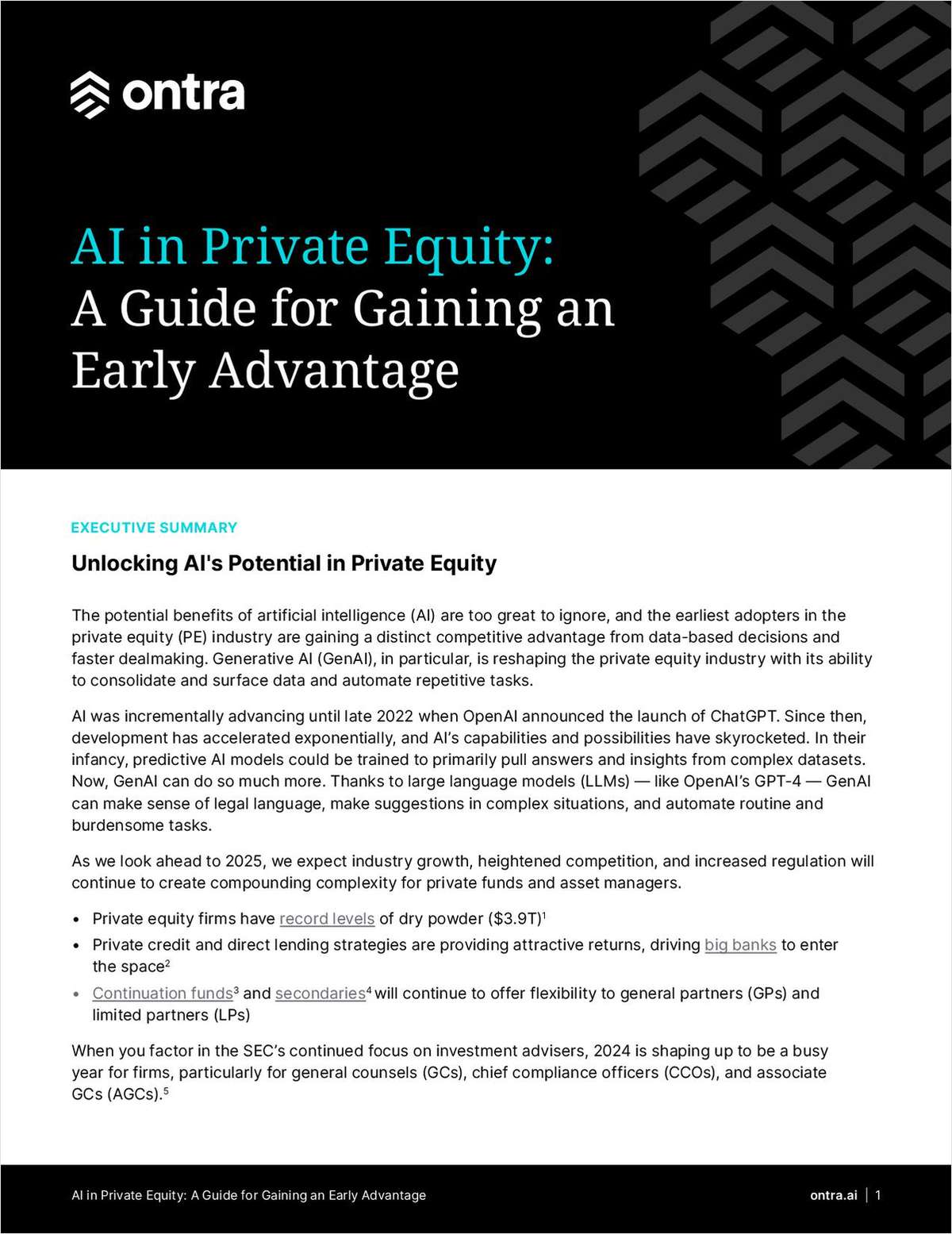
AI in Private Equity: A Guide for Gaining an Early Advantage
Brought to you by Ontra
Download Now



